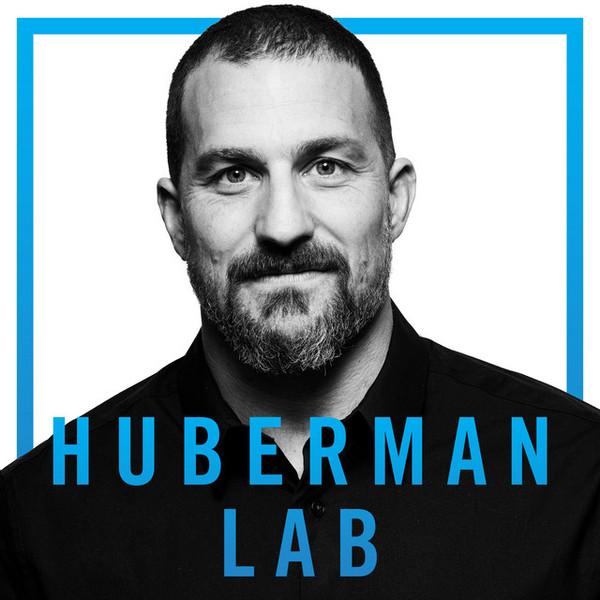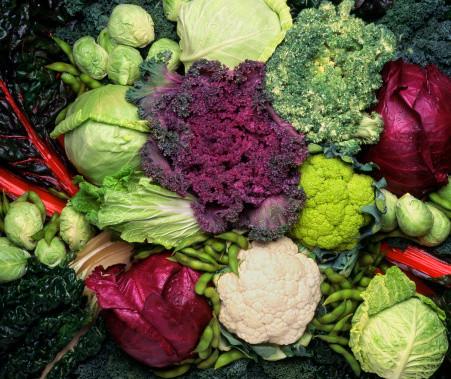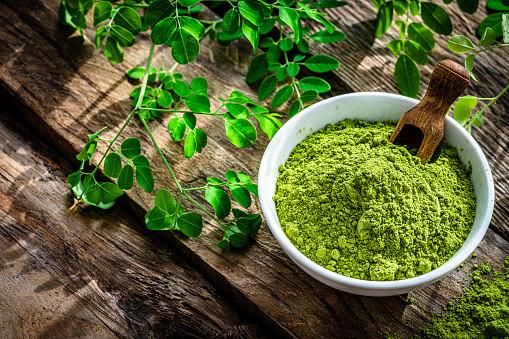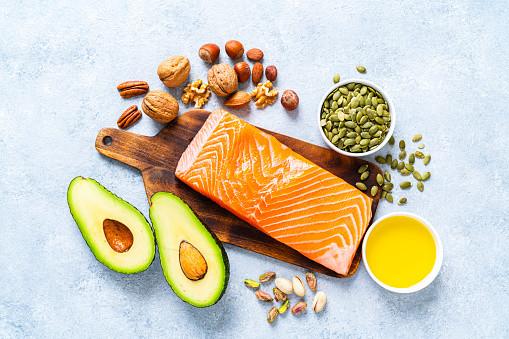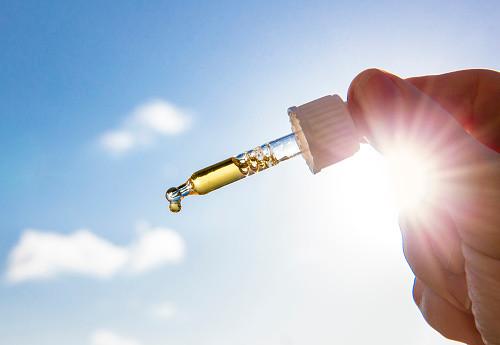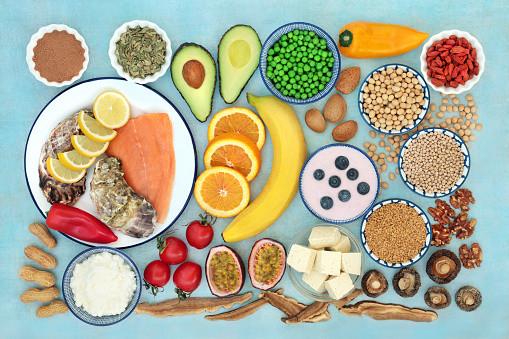Explore the World's Best Ideas
Join today and uncover 100+ curated journeys from 50+ topics. Unlock access to our mobile app with extensive features.
Challenge yourself intermittently to improve health
Intermittently challenging yourself, be it through temperature changes like cold or heat, other types of stressors, such as physical activity, or even dietary compounds in plants such as polyphenols or flavonoids, is beneficial to the body.
These intermittent challenges activate genetic pathways that help you deal with normal metabolism and immune function stress. This concept is known as hormesis.
Hormesis is a little bit of stressful challenge that activates the stress response pathways in a beneficial way. It has a profound antioxidant and anti-inflammatory response.
377
4.21K reads
Sulforaphane
Sulforaphane is a sulfur-rich compound found in cruciferous vegetables such as broccoli, broccoli sprouts, brussel sprouts, cauliflower and cabbage. It activates a powerful detoxification pathway which helps you detoxify things like carcinogens that you’re exposed to.
Clinical studies have linked the benefits of sulforaphane to a variety of chronic diseases such as autism, aflatoxin toxicity, cancer, air pollution toxicity, cardiovascular disease, diabetes, and more.
378
3.71K reads
Broccoli - raw or cooked
Sulforaphane levels in broccoli are lower when it's cooked. But adding one gram of mustard seed powder to cooked broccoli increases the sulforaphane by fourfold.
The plant, Moringa, has similar effects to broccoli. This can be bought in a powdered form and added to smoothies.
382
3.48K reads
Omega -3 Fatty Acids
Omega 3 fatty acid is another essential macronutrient. People with low omega-3 index have higher all-cause mortality and lower lifespan.
- Wild game has a higher concentration of micronutrients (e.g., zinc) and omega-3 versus conventional.
- Grass-fed meat is better as factory farmers feed cows corn to fatten them.
- Fish is a great source of omega 3 but is higher in mercury.
- Plant sources of ALA would be walnuts and flaxseeds. If you’re a vegan or vegetarian, the best it to supplement with microalgae oil as they have DHA.
- Supplementation is a good way to get a high dose of Omega 3s.
332
2.8K reads
The importance of Vitamin D
Vitamin D is essential for various aspects of our brain and body health. Vitamin is a steroid hormone we produce when we’re in the sun, depending on how much melanin we have on our skin, whether or not we’re wearing sunscreen, and how old we are.
Vitamin D gets converted into a steroid that regulates some of the human genomes and plays an important role in activating the innate immune system.
Vitamin D3 is a good way to supplement. Vitamin D2 is often a plant source.
331
2.64K reads
Magnesium
Being deficient in magnesium makes it more difficult to make Vitamin D. Magnesium is also involved in making ATP, the energetic currency of our cells.
Our bodies need ATP to do anything, including repairing DNA enzymes. You can’t look in the mirror and see DNA damage from lack of magnesium, but it is there.
Dark leafy greens are high in magnesium, for example, kale, spinach, chard, and romaine lettuce. Magnesium in dark leafy greens is less bioavailable, but cooking can release it. For supplementation, magnesium malate would be best.
352
2.61K reads
Deliberate hot and cold exposure
Cold exposure (11 minutes per week, up to the neck) has been shown to increase brown fat which increases metabolism and the ability to feel comfortable in cold temperatures.
Regular use of sauna and other heat exposure can reduce mortality by cardiovascular events, stroke, and all-cause mortality. Heat changes the way in which proteins are configured at the molecular level: Heat shock proteins (HSP) ensure cells of the brain and body don’t misfold.
- Recipe for heat exposure: 57 minutes per week spread out across sessions.
- Cold exposure (safe but cold) a couple of times a week.
363
2.98K reads
IDEAS CURATED BY
CURATOR'S NOTE
This podcast focuses on micronutrients that are essential for brain and body health.
“
Amelia W.'s ideas are part of this journey:
Learn more about food with this collection
The importance of physical activity
The role of genetics in lifespan
How to maintain a healthy diet
Related collections
Similar ideas
5 ideas
Tools to Improve Your Focus & Concentration
Huberman Lab
8 ideas
Read & Learn
20x Faster
without
deepstash
with
deepstash
with
deepstash
Personalized microlearning
—
100+ Learning Journeys
—
Access to 200,000+ ideas
—
Access to the mobile app
—
Unlimited idea saving
—
—
Unlimited history
—
—
Unlimited listening to ideas
—
—
Downloading & offline access
—
—
Supercharge your mind with one idea per day
Enter your email and spend 1 minute every day to learn something new.
I agree to receive email updates
